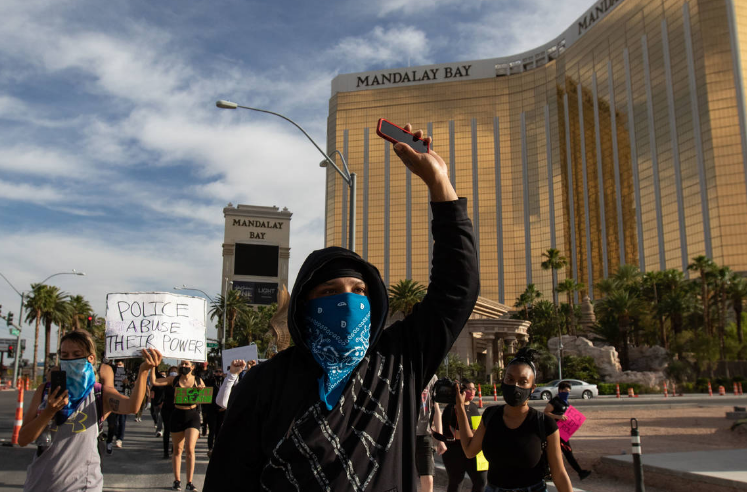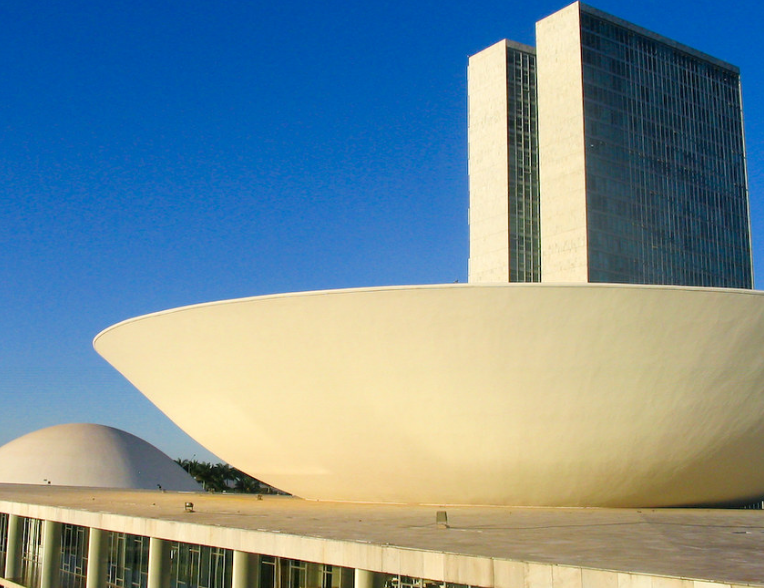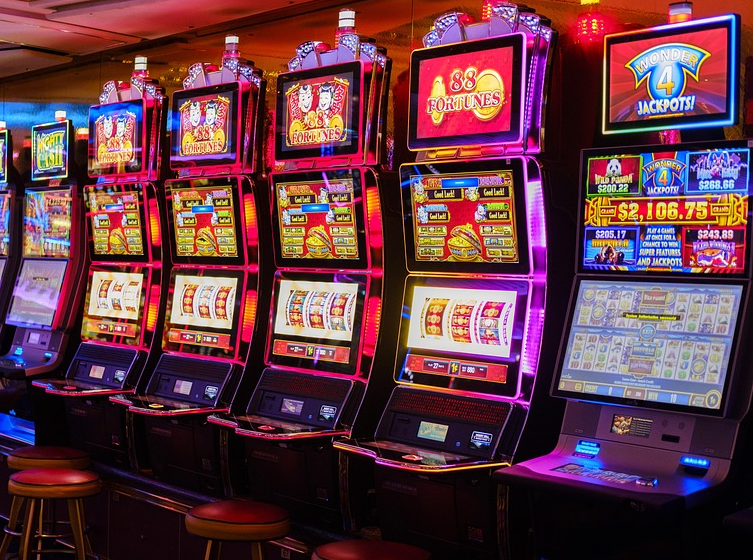The AGEM Index took a hit in November 2025, dropping 1.5% to 1,907.61 points as major gaming suppliers like Aristocrat Leisure and Konami saw sharp stock declines. This slide comes even as the index boasts a solid 16% gain over the past year, raising questions about what’s next for the gaming equipment sector. Investors are watching closely – could this be a blip or a sign of bigger troubles ahead?
The Association of Gaming Equipment Manufacturers (AGEM) tracks stock performance of key players in the casino technology world. In November, the index fell by 29.02 points from the previous month. This marks a clear setback for the sector, especially when stacked against broader market trends.
Six out of the 10 companies in the index reported stock price drops, pulling the overall figure down. Aristocrat Leisure Limited led the pack with a 7.9% tumble in its shares, which shaved off 57.13 points from the index. Close behind was Konami Corp., whose stock dipped 7.4%, costing the index another 54.52 points.
These declines highlight vulnerabilities in the gaming supply chain. Analysts point to factors like shifting consumer demand and global economic pressures that might be at play. For everyday investors, this means keeping an eye on how these companies adapt to keep casinos stocked with cutting-edge tech.
The drop wasn’t uniform across the board. Some firms bucked the trend, showing the sector’s mixed fortunes.
Standout Performers and Market Comparisons
Not all news was bad for the AGEM Index last month. Light & Wonder emerged as a bright spot, with its stock surging 39.8%. This jump added a hefty 100.73 points to the index, helping offset some of the losses from bigger decliners.
Other companies posted gains too, though smaller. This split performance shows how individual strategies can make or break results in a competitive field. For instance, while Aristocrat and Konami struggled, firms focused on innovative tech solutions seemed to fare better.
When you zoom out to the bigger picture, the AGEM Index underperformed compared to major U.S. benchmarks. The Dow Jones Industrial Average climbed 0.3%, and the S&P 500 inched up 0.1%. Meanwhile, the NASDAQ slipped 1.5%, mirroring the AGEM’s own decline.
This contrast matters for investors in gaming stocks. It suggests the sector might be more sensitive to niche issues, like regulatory changes in key markets or supply chain hiccups, than the broader economy.
Here’s a quick look at how the major benchmarks stacked up in November:
- Dow Jones: +0.3%
- S&P 500: +0.1%
- NASDAQ: -1.5%
- AGEM Index: -1.5%
These figures underline a tale of cautious growth in wider markets versus targeted pressures in gaming tech.

Year-Over-Year Growth Offers Hope
Despite the monthly dip, the AGEM Index has shown real strength over the longer term. Compared to November 2024, it’s up 16%, or 263.24 points, signaling resilience in the gaming equipment industry. This growth reflects a rebound from earlier challenges, driven by expanding casino operations worldwide.
Experts tie this yearly uptick to factors like the rise of online gaming and new tech integrations in physical casinos. For example, suppliers are rolling out advanced slot machines and digital systems that boost player engagement. This has helped companies weather economic ups and downs.
Looking back further, the index rose 0.6% in October 2025 to 1,936.63 points, with Konami and Agilysys leading gains. September saw a 3% drop but a 24% year-over-year increase. August brought a 5% monthly rise and 32.1% annual growth.
These patterns suggest the sector is on an upward trajectory, even with occasional stumbles. Investors might see the November slip as a buying opportunity, betting on continued expansion in global gaming markets.
The industry’s ability to innovate plays a big role here. As casinos push for more immersive experiences, suppliers that deliver stand to gain. This could mean more jobs in tech development and manufacturing, impacting local economies tied to gaming hubs like Las Vegas.
Challenges and Future Outlook for Gaming Suppliers
The November results spotlight ongoing hurdles for gaming equipment makers. With six companies seeing stock drops, questions arise about market saturation or competition from emerging tech.
Aristocrat’s 7.9% fall might stem from investor concerns over its exposure to fluctuating Australian and U.S. markets. Konami’s decline could link to broader issues in Japan’s gaming scene, where stocks have been volatile amid economic shifts.
Broader data shows Japanese gaming firms have faced turbulence before. For instance, in early 2025, companies like Nintendo and Sony saw sharp drops due to external factors like tariffs. While not directly tied, it points to how global events ripple into the sector.
To navigate this, suppliers might focus on diversification. Expanding into new regions or betting on trends like esports could help stabilize stocks.
Industry watchers predict a potential rebound in December, fueled by holiday spending and year-end casino boosts. But uncertainties like inflation or regulatory tweaks could keep pressure on.
One thing is clear: the gaming world keeps evolving, and these index moves affect everyone from casino operators to everyday players who enjoy the latest slots.
In wrapping up this look at the AGEM Index’s November performance, it’s evident that while short-term dips grab headlines, the sector’s yearly gains paint a picture of steady progress amid challenges. This balance of setbacks and strengths keeps investors on their toes, reminding us of the dynamic nature of the gaming industry.








